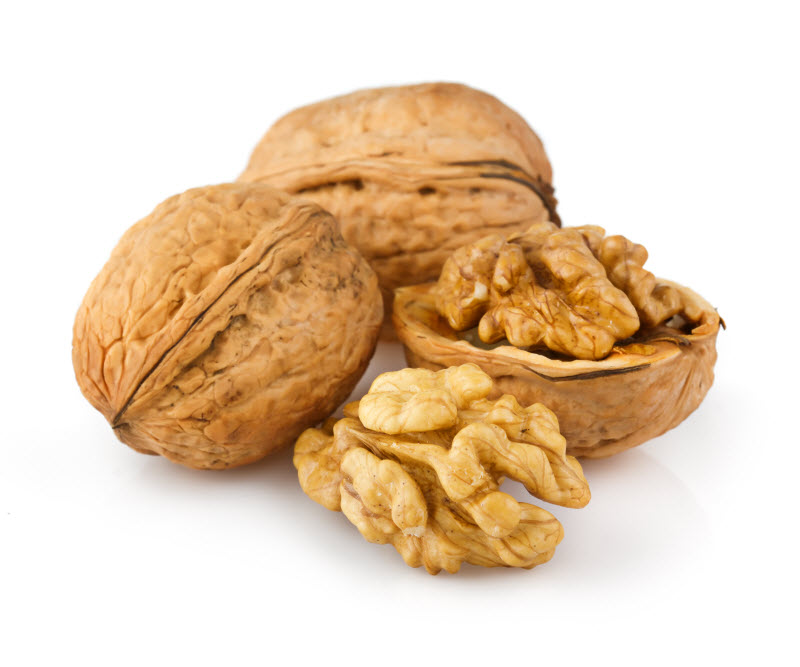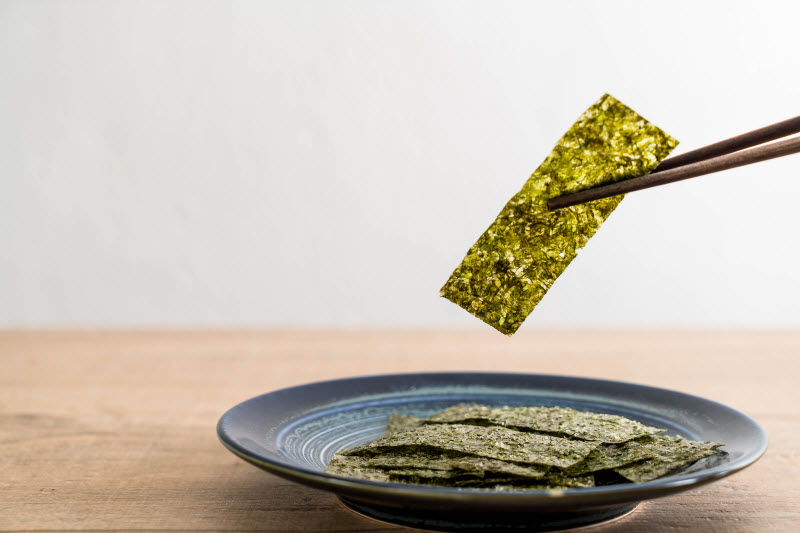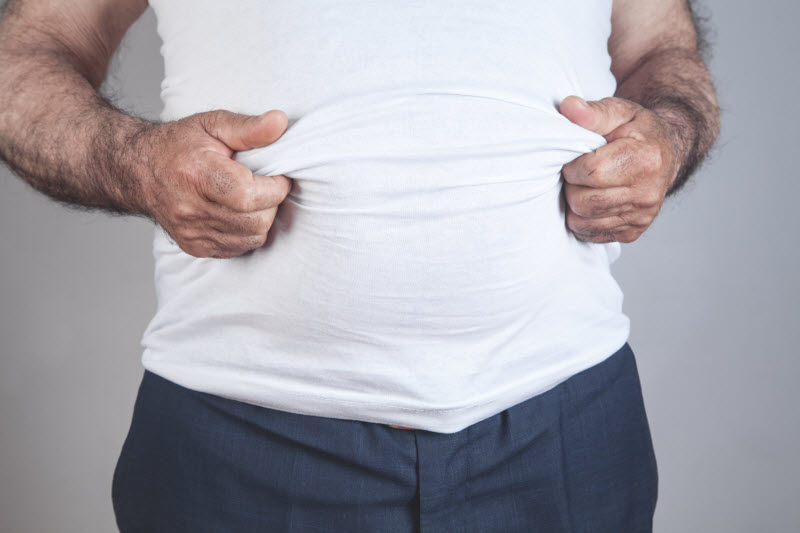
A low-carb diet can be highly effective in weight loss. It helps to drop excess fat, preventing the risk of heart attack, and diabetes. While these are the major objectives of a low-carb diet, people can incur side-effects due to ignorance of the dos and don'ts of the diet. Do you want to know what you should not do when you're on a low-carb diet? This article aims to educate you on avoidable mistakes and what to do while on a low-carb diet.
What is a low-carb diet?
A low-carb diet is a diet system that involves the reduction of the intake of carbohydrates and sugar, replacing them with other natural nutrients like vegetables, protein, and natural fat. This process is mainly used to achieve weight loss. It helps to reduce the risks of a heart attack, regulates blood sugar level and blood circulation. This decreases the level of insulin and encourages the power to burn fat instead of storing it; resulting in weight loss.
What should I not do?
Although you may feel good to do just anything, dietitians do warn against doing certain things while on a low-carb diet. Here are some:
1- Ignoring fruits
 .
.
In contrast, fruits contain a high amount of carbohydrates compared to vegetables. While a low-carb diet might seem to justify you to abstain from fruits. Fruits deserve a place in your diet. Fruits low in carbs are beneficial[1], this includes watermelon, avocados, strawberries, and peaches. Fruit nurtures the body with fibers, antioxidants, and vitamins.
2- Not getting hydrated enough

Adopting a low-carb diet plan may cause certain body reactions at the initial stage, this includes constipation. Constipation can be avoided by drinking sufficient water[2]. A minimum of 2 liters is recommended for an adult. It's not enough to cut down on carbs and sugar to shred weight, plenty of water is needed for proper body metabolism.
You can keep to this with a handy bottle of water and set time intervals. If you find it difficult to accomplish, you can replace it with foods with high water content like cucumbers and watermelon. Consulting with a dietitian to determine your water needs is recommended but as a fundamental principle, stay hydrated.
3- Cutting back on vegetables

A healthy low-carb diet includes a lot of vegetables for high nutrition[3]. All leafy greens such as broccoli, zucchini, mushroom, cauliflower are naturally low on carbs and therefore make a healthy diet. In a low-carb diet, half of your meal should be green vegetables. It has high water content, which keeps you hydrated and helps against bloating.
4- Skipping workouts

The tendency to eliminate or replace physical exercise because you're on a low-carb diet is unhealthy. For a person seeking to drop pounds of excess weight, physical exercise hastens the process. A balance has to be reached between cardio activities and a low-carb diet.
No doubt, a no-carb diet constitutes ingredients for healthy living, physical exercise has a significant role. Dietitians do warn against intense physical activities, this could lead to dizziness; but you should not skip workouts.
5- Not moderating on eating bacon

Bacon is known for its high-fat content. A low-carb diet disapproves of digging into fatty, greasy beacons as much as you would like. While going on low-carb, fat is the oil that fuels the process. This is not enough reason to consume bacon daily or in excess[4].
It's encouraged to go for uncured bacon, free of sodium that is made without sugar else you are taking carbs invariably. The aim is to use various healthy fat and protein sources that come from plants; this includes olive oil, walnuts and canola oil. You can try seafood too, a good source of protein that delivers healthy omega-3 fats. Salmon is a good example and it has low carb content.
Final thoughts
A low-carb diet doesn't have to be boring. Transitioning by cutting off all carbs may result in demotivation. It could result in frustration and could lead to getting back into too many carbs. The feeling of hunger would likely set in, ensure you maintain a positive relationship with food and consult a dietitian for a proper analysis of your body needs. A low-carb diet has to be fun and exciting.











Discussions
Add Comment